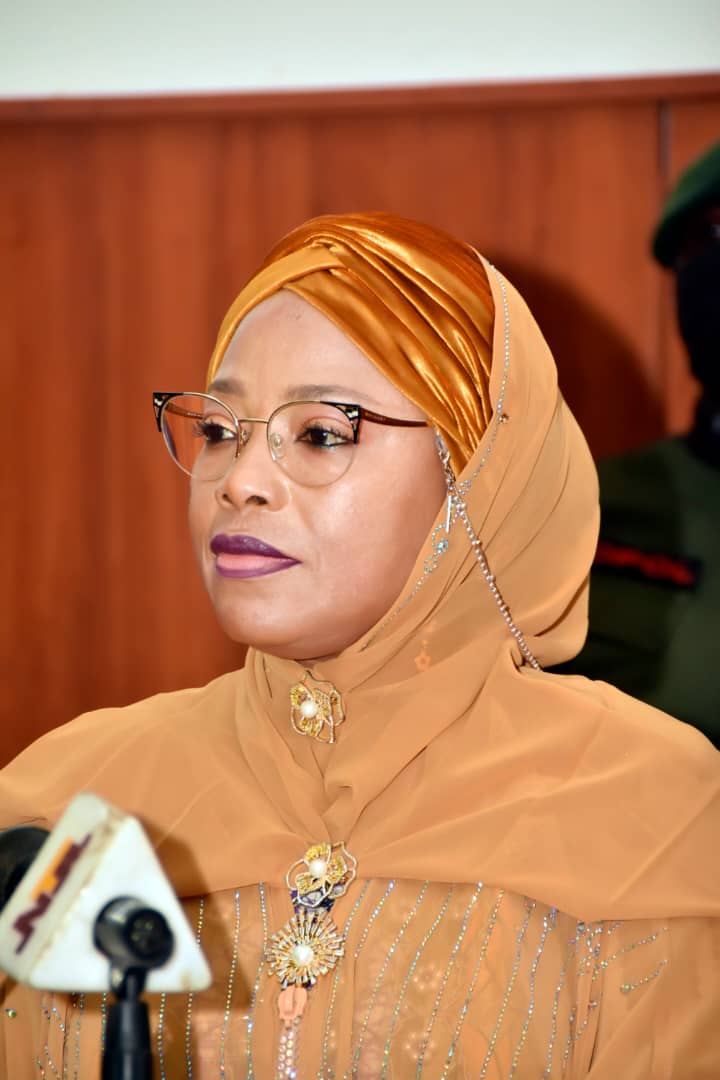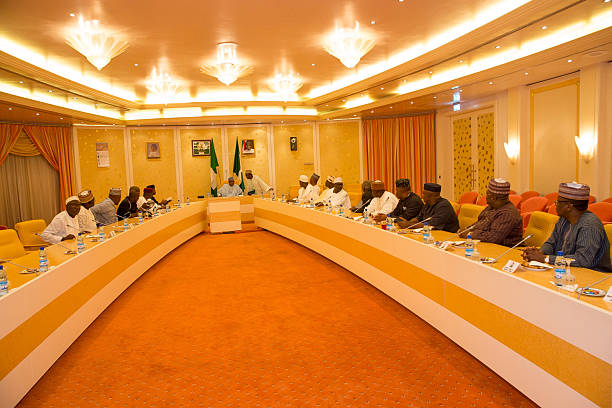The six Area Councils in the Federal Capital Territory and other stakeholders have received the sum of N3,049,291,338.40 as its share of statutory allocation for the month of October, 2022.
Special Adviser Media to the Minister, Austine Elemue in a statement indicated the FCT Minister of State, Dr. Ramatu Tijjani Aliyu, presided over the 171st Joint Account Allocation Committee (JAAC), meeting held in her office.
The minister who was represented by the FCTA Permanent Secretary, Mr. Olusade Adesola, expressed concern over the seemingly poor sanitation conditions in the satellite towns.
She observed that lack of synergy between the Satellite Towns Development Department and the Area Council Authorities could be responsible for the poor sanitation in the various area councils across the territory.
Aliyu, maintained that there is urgent need for stakeholders to change strategy with a view to achieving the desired result
She, therefore, directed the Satellite Towns Development Department to furnish the area council authorities with the list of cleaning contractors to enable them know the contractors responsible in each area.
However, a breakdown of the figures released during the JAAC meeting indicate that the sum of N766,913,655.48 was made available for distribution to the six area councils, while the sum of N2,282,377,682.92 was made available to other stakeholders, bringing the total sum to N3,049,291,338.40billion.
Similarly, distributions to area councils shows that the Abuja Municipal Area Council (AMAC), received N159,351,641.67million, while Gwagwalada got N116,125,942.16 and Kuje received N153,596,556.15
Other area councils include, Bwari Area Council which received N113,203,597.88million, Abaji got N119,176,489.46million while Kwali received N105,459,428.16million, bringing the total sum to N766,913,655.48million disbursed to the six area councils.
On the other hand, distribution to other critical stakeholders include: Primary School Teachers which gulped N1,917,556,374.33billion, 15 percent Pension Funds took N226,478,989.57million, One percent Training Fund gulped N30,492,913.39, while 10 percent Employer Pension Contribution gulped N107,849,405.63, bringing the total sum to N2,282,377,682.92.

Those present at the 171st Joint Account Allocation Committee (JAAC) meeting include the FCTA Permanent Secretary, Mr. Olusade Adesola, Mandate Secretary Area Council Services, Hon. Ibrahim Abubakar Dantsoho, and FCT representative in Revenue Mobilization, Allocation and Fiscal Commission, Mallam Abubakar Hussain.
Others include the chairman Abaji Area Council, Hon. Abubakar Abdullahi, Chairman of Kwali Area Council, Hon. Danladi Chiya, Chairman of Abuja Municipal Area Council, Hon. Christopher Zaka, Chairman of Bwari Area Council, Hon. John Gabaya, Chairman of Kuje Area Council, Hon. Abdullahi Sabo, Vice Chairman of Gwagwalada Area Council, Hon. Saidu Abdullahi, amongst others.




